2nd Turn) Odd Gods comes out of the usual patterns of role-playing games, no dragons or knights, but only teenagers from the 90s who travel through time. How come to this choice? Have you been influenced by something in particular?
The best CRPGs, I think, transport you and immerse you – and the 90s was a very influential period for me – it existed at a strange point in time, caught between the end of the analogue era, and the dawn of the digital one. Music was the dominant medium – not the net. What you listened to, how it made you feel, and why – it’s more than drugs, sex & rock and roll – although the 90s had plenty of that. Music spawned subcultures, with their own myths, dialects, rituals & societies. It’s was a weird time – like a mirage world you thought you saw through a drug haze in that weird soft light that could be dawn or dusk. That anachronism is ripe for a crack at a time travel RPG if you ask me.
Music, as much as Time Bandits, influenced the space-time travel aspect of Odd Gods. Have you ever listened to a song and felt time stand still? Or heard a guitar riff and felt like you could almost travel through time to when you first heard that melody?
My first RPG – in fact, my first computer game ever – was Ultima IV Quest of the Avatar, played on an Apple ][e. That game spoiled me forever – and I compare everything else to it. Odd Gods is a kind of cultish, satirical, and wild homage to Ultima, and the culture, games, music, books and cinema I have lived & loved: Ultima, Baldurs Gate, Planescape Torment, Time Bandits, American Gods – the list goes on and on.
The combat system is a unique (as fast as I know at the time of writing) ‘Same Phase’ system – I’ll go into detail in a question or two, but its influences are: the genius in simplicity of Napoleonic era tabletop wargames, the rhythm & equipment archetypes in Dark Souls, Fallout 1 & 2, the battlefield tactics of Gold Box games and yes – X-Com/Fire Emblem/Ultima/Baldurs Gate… The adaptation of strategy games and RPG system goes back a long way, but with OG’s system, I believe we’ve found something very special.
3rd Turn) Very often cRPGs are divided between those more oriented towards the plot and the choices to be made and those that instead focus on gameplay and combat system. In the case of Odd Gods, what choice did you take?
I prefer to give the players that choice. Combat & stealth are both viable options, but so should be plot-based approaches. Makes for a trickier game to build, of course.
4th Turn) Speaking of gameplay. Can you explain the combats mechanics?
Odd Gods uses a (mostly) deterministic simultaneous turn-based combat system on a grid. Almost like a party & turn-based Dark Souls where everyone moves at the same time.
Each turn takes about 3 seconds, or ‘ticks’. A dagger thrust takes 1 tick. An aimed musket shot: 2 ticks. Reloading a sidearm is 3 ticks. An evasive manoeuvre (like diving into cover or feinting) might take 1 or two ticks, depending on the ability. You could see an enemy preparing to split your head with an axe – and ready a parry ability instead. Ditto, you can intercept enemies – say, an enemy is moving to cover, you can ‘lead’ the target if you can guess where they’ll be when your attack lands, or (my favourite) push an opponent into an enemy’s line of fire, or trip an attacker en route to flank one of your party members.
The combat resolves in real-time – as opposed to waiting for (forever) 3 enemy fighters to move 3 metres forward, one at a time, everyone moves and attacks simultaneously. Based upon how well you can understand the battlefield & your opponents intentions, you plan your party’s turns, preview the possible results and confirm your orders. If you’re skilled enough, and close enough, you can get more information about an enemy’s upcoming action – what direction they’re heading, what kind of attack they’re going to make, etc.
There’s no RNG – no percent chance to hit. You’re not rolling numbers to check against a spreadsheet – you’re moving and commanding units. Our combat system is based on choice & consequence, as opposed to reductive skill checks. There’s a lot of advantages to this: no level scaling, no HP sponges, and so on. It’s a bit like a more turn-based approach to Frozen Synapse, or Laser Squad (or a more accessible Knights of Legend system). There’s not a lot there like it, but you could say that a lot of early menu-based combat RPGs (looking at you, Bard’s Tale) were same phase, with everyone rolling at once. We just take the rolling out of it, and give you the ability to move and attack etc in the game world. I’d call out Neo Scavenger and Copper Dreams as having systems that are a bit like cousins of Odd Gods in that way.
5th Turn) In terms of difficulty, how does your game behave?
There’s only one difficulty setting. The game should stand on its own – no damage sliders or anything.
6th Turn) Besides the main story, will there be side quests? If yes, will they matter or are they just a side dish?
The story branches out and contracts at major points. There’s multiple endings, multiple routes and some great (or ridiculous, depending on your point of view) short cuts to find. I don’t really think of in terms of main and side quests – there are critical paths to reach various endings, but they all contribute to one ending or another.
7th Turn) You have decided not to use procedurally generated elements. How much does this choice affect development?
Aha. A lot. It means we’re not on Early Access yet, whereas if we used procgen we could be. I’m confident though, after seeing the fan response so far, that we’ve made the right choice. Odd Gods has a number of unique selling points – and my favorite is that it’s hand-crafted. Every piece of it.
8th Turn) What is currently the element, the feature or anything else related to the game of which you are most proud?
Humbled more than proud, but the combat system. Working on some of the character progression and death systems at the moment though, and they’re starting to feel really cool…
9th Turn) At what point is development? When will we get our hands on Odd Gods?
Working towards an Alpha candidate – that is, a playable demo of the game that has its major features in place. Currently working on how time travel affects death, character progression & exploration – not a simple task, but it’ll be worth it. Once that’s in place, there are some long-standing fans who we’ll share builds with to see if they like it. After that, we’ll ask people if they’re interested in an Early Access scenario, or a crowdfunding campaign. I’d prefer something like that instead of a traditional publisher arrangement, unless we can find a publisher who believes in the game as we do, and doesn’t want us to tone down the swearing, violence, sex, drugs & rock and roll aspects.
10th Turn) As an independent study, surely you will have to face many aspects, sometimes not strictly related to development, how are you organized and above all what advice would you give to other aspiring Indi developers?
Like with anything, have a big vision that you can sum up in a sentence or two, then start *small* – and build on that. Test the shit out of it, then iterate over what you’ve done. Prototype on paper, which bits of cardboard and old miniatures and dice. Work with people you trust, trust them to do a good job & do what you love.
Bonus question: The last turn-based game played or you are still playing.
Uhh… Besides Odd Gods… Recently… Video games: Civ 6. Underrail. Fire Emblem Three Houses. Age of Decadence. Divinity Original Sin 2. Neo Scavenger. Ultima 5. Boardgames: Seven Wonders, Catan, Betrayal at House on the Hill.
Thank you so much for your time Gil, we will continue to follow your project and look forward to a playable version.
In the meantime, we invite you to visit the
official website of the game and read our
overview of Odd Gods.



























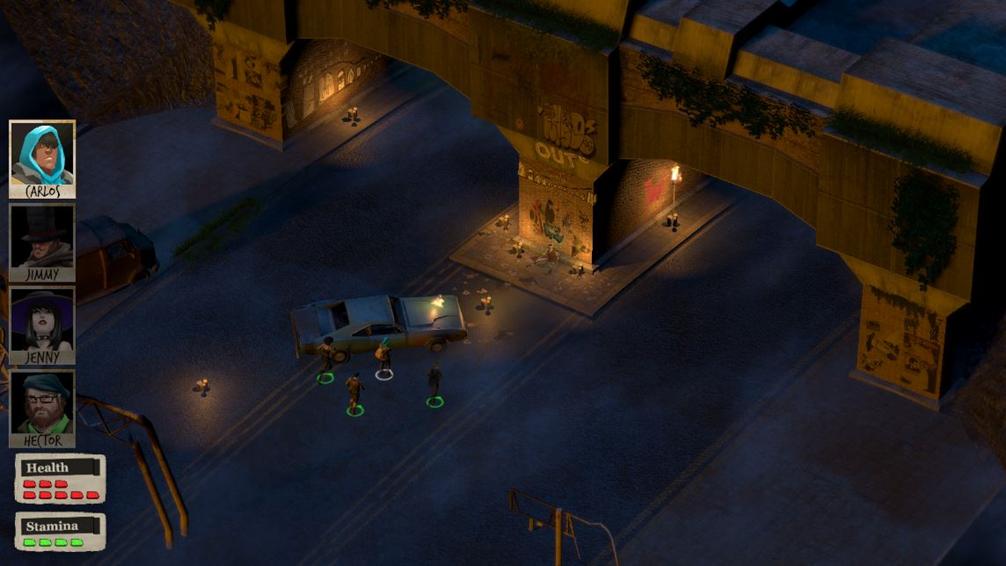
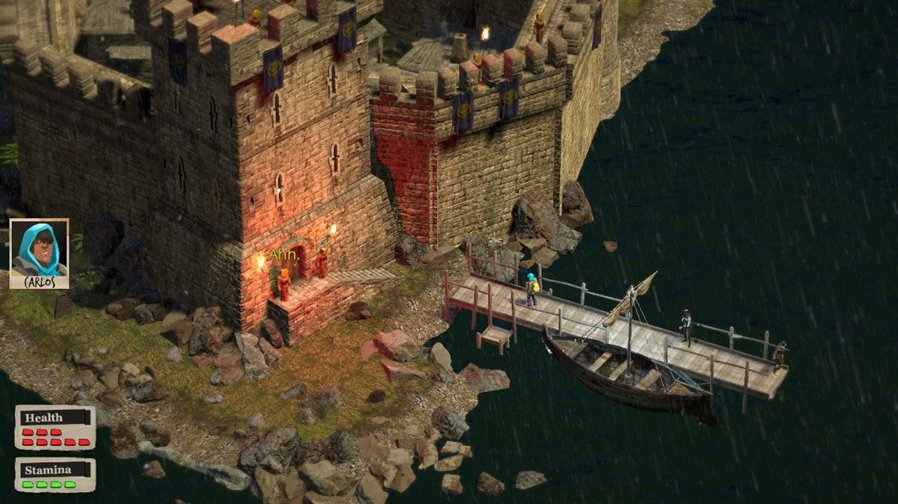
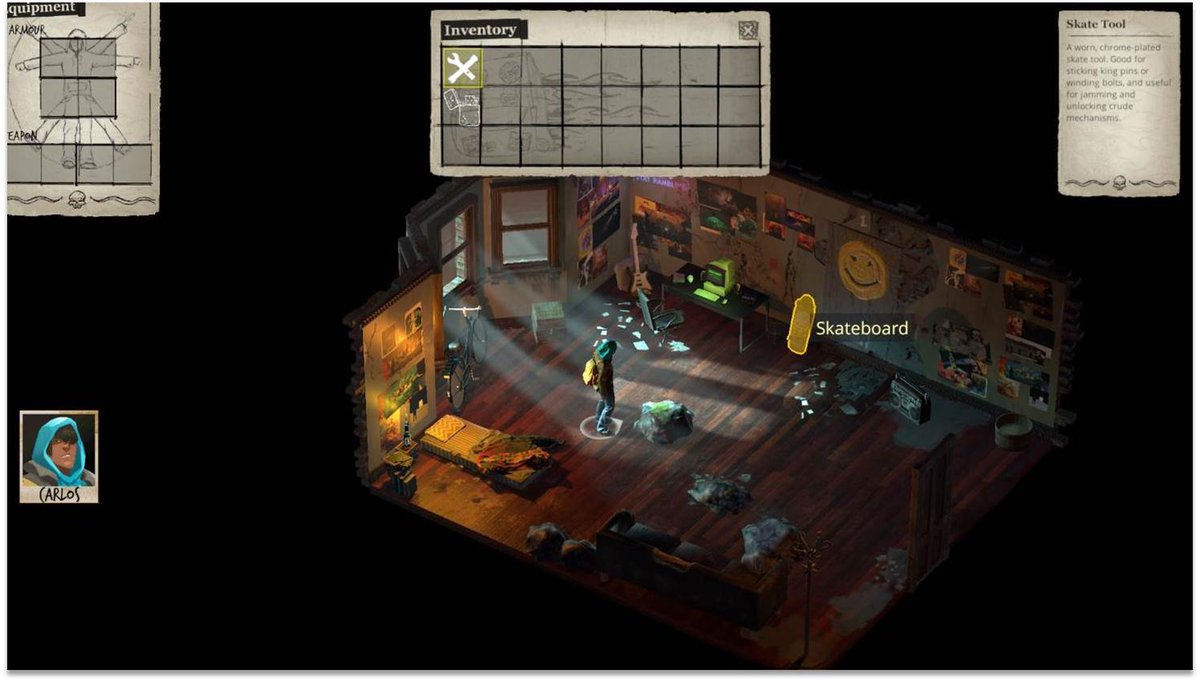
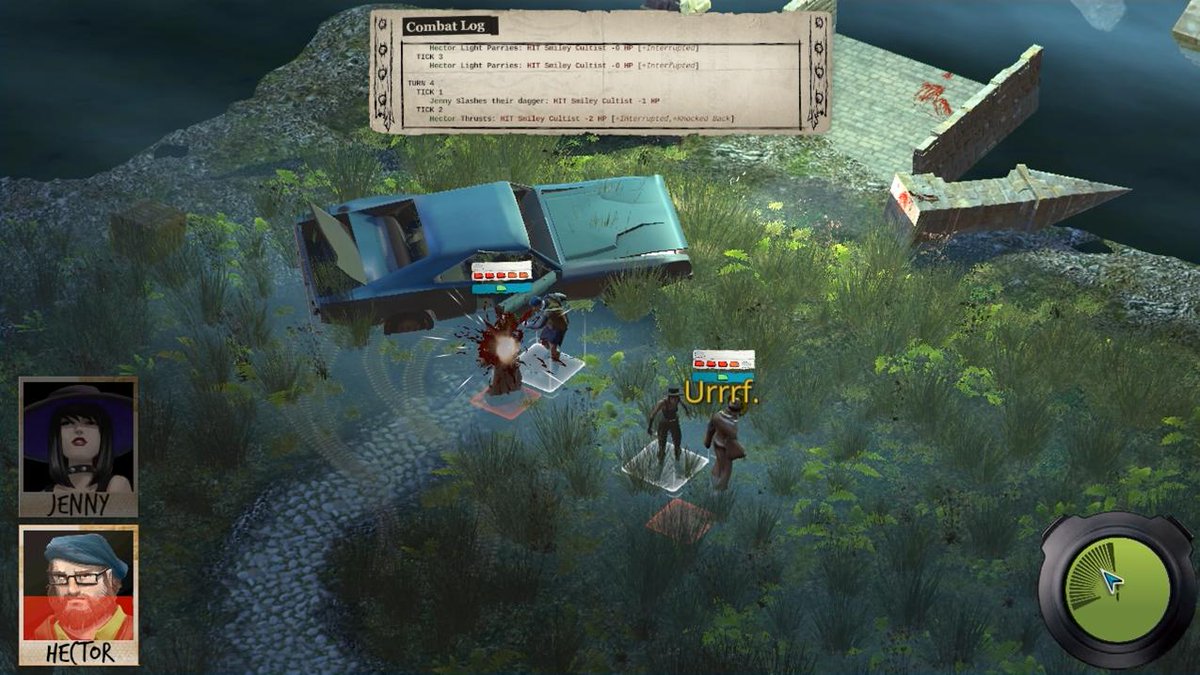






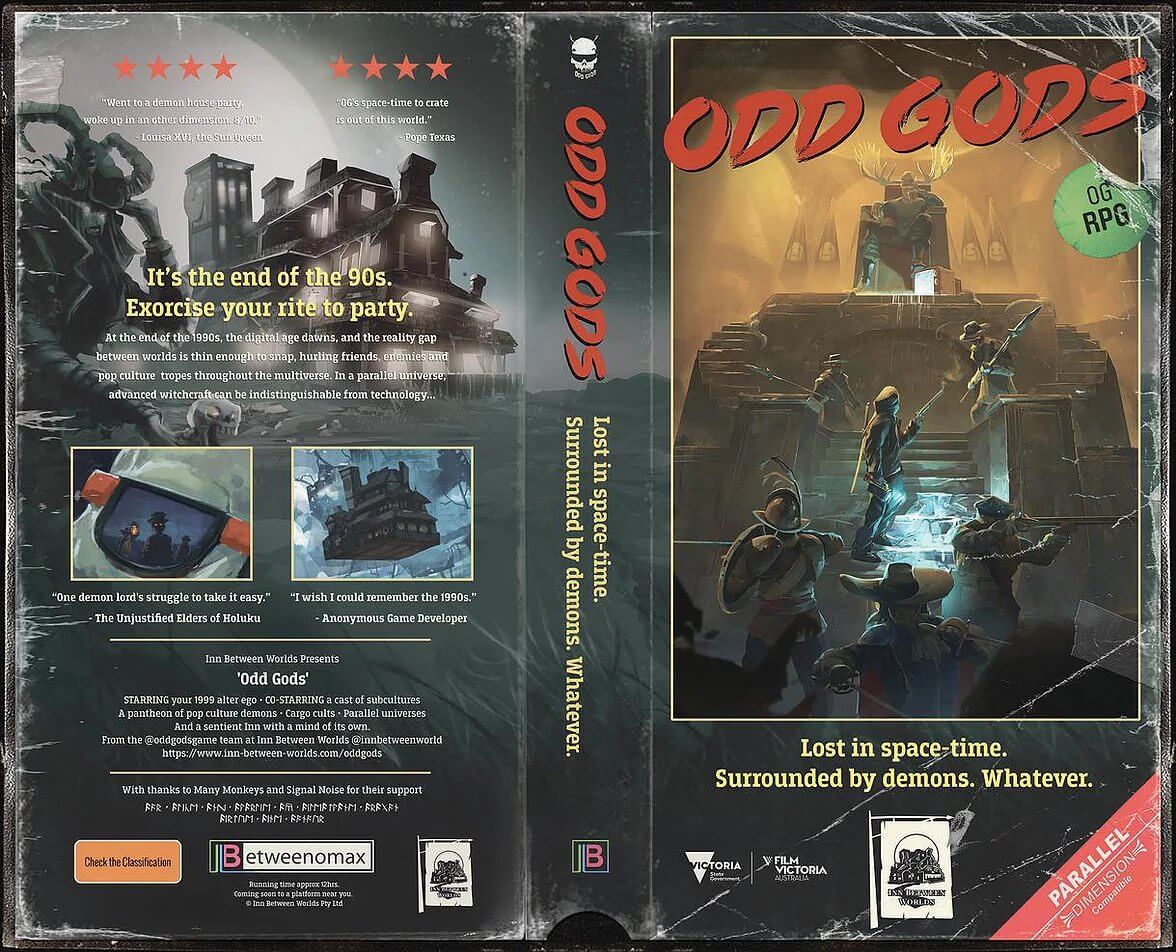
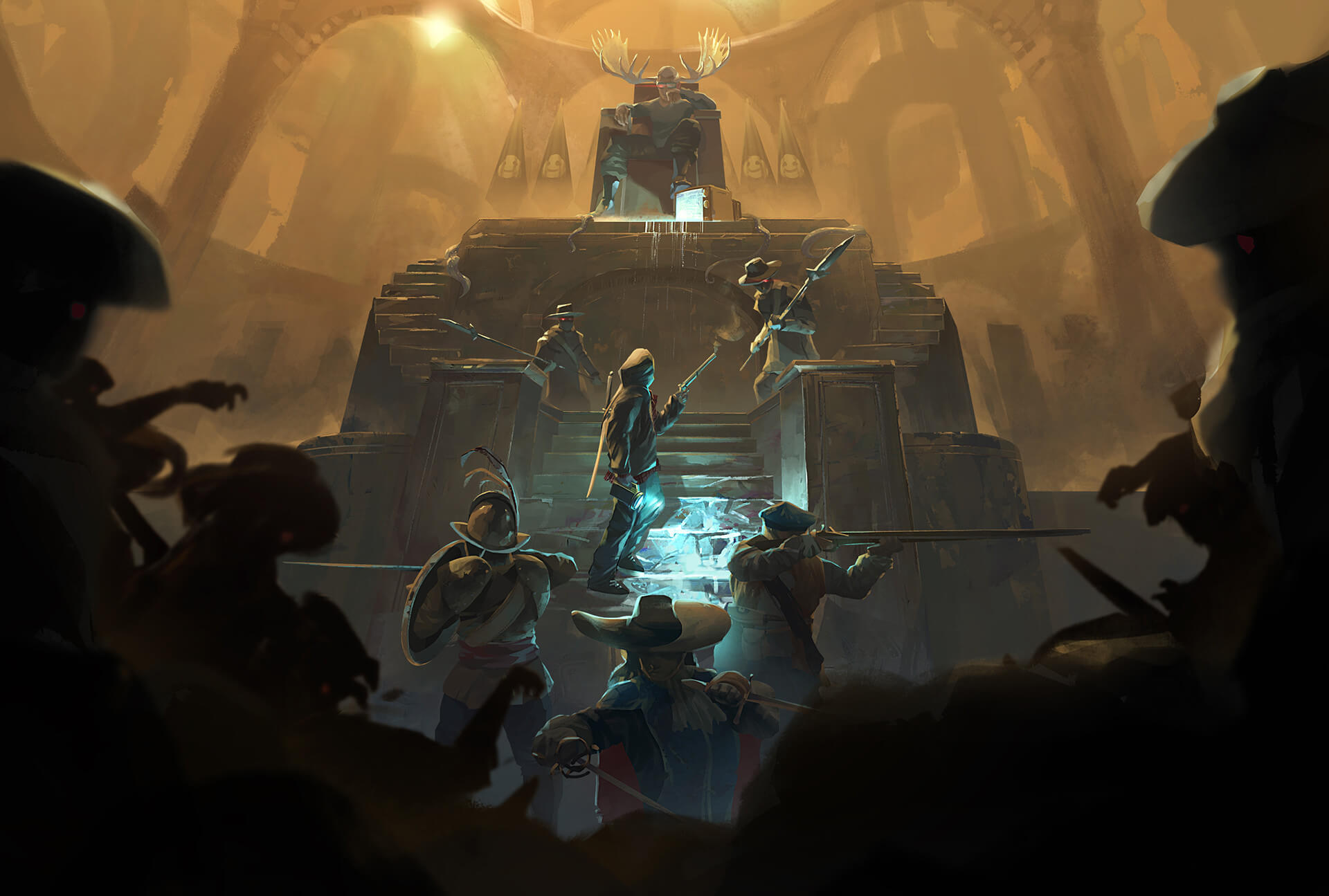
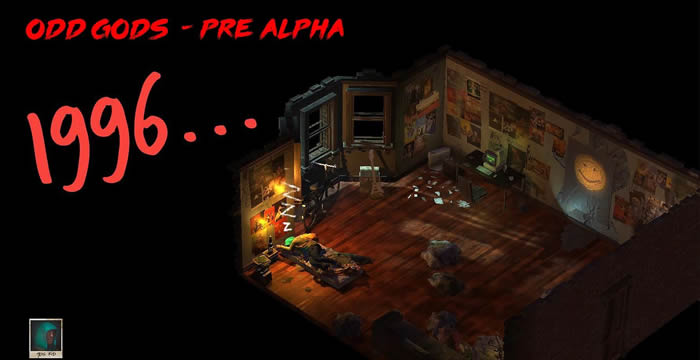
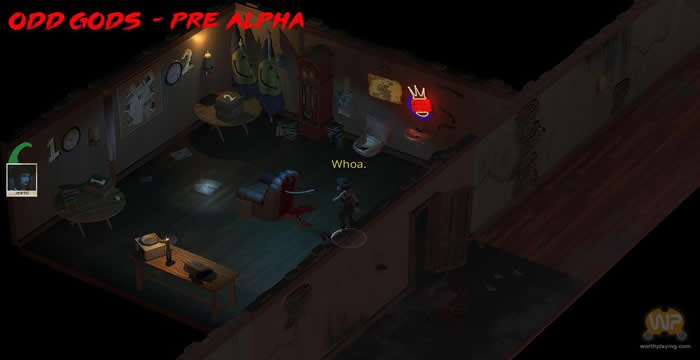
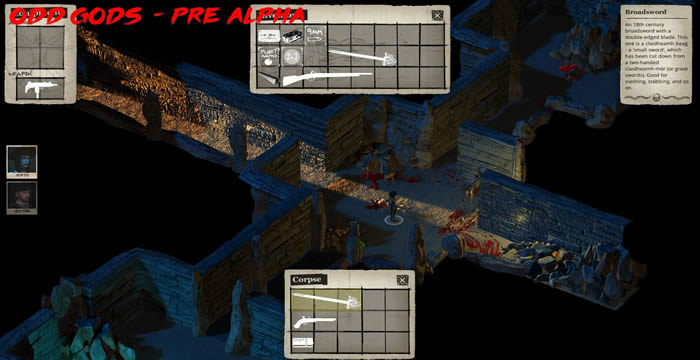



![Glory to Codexia! [2012] Codex 2012](/forums/smiles/campaign_tags/campaign_slushfund2012.png)


























